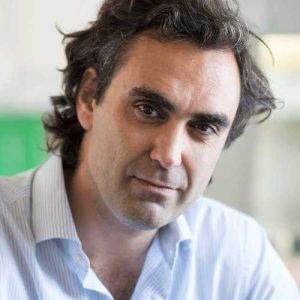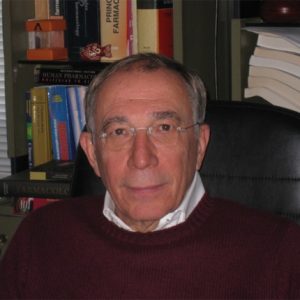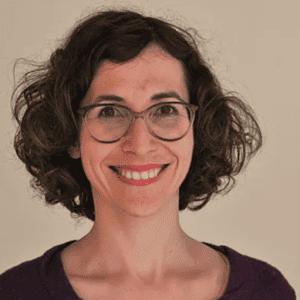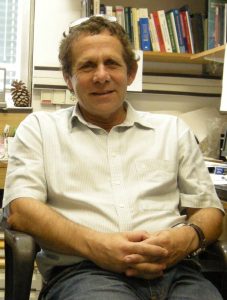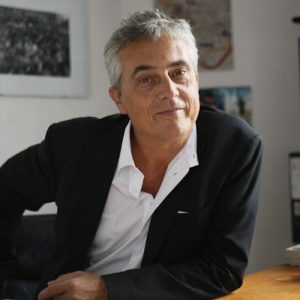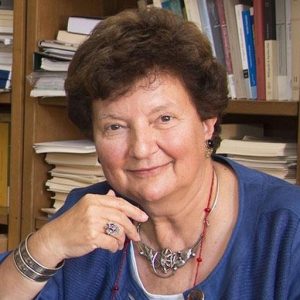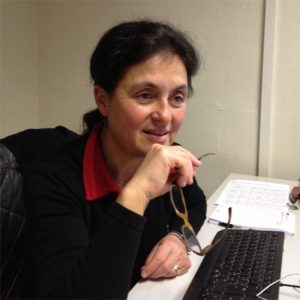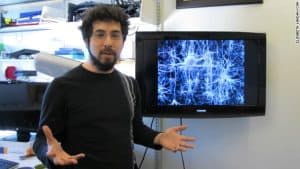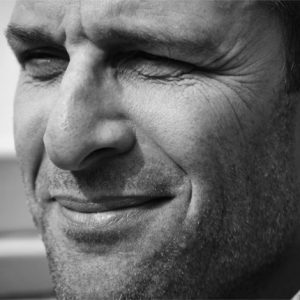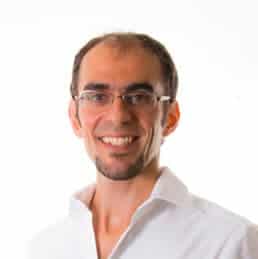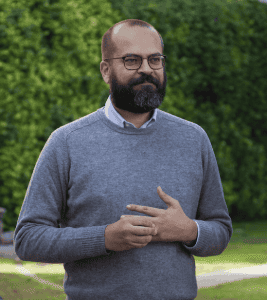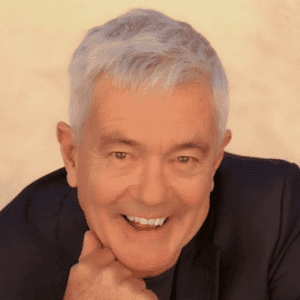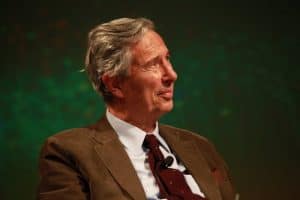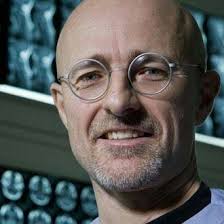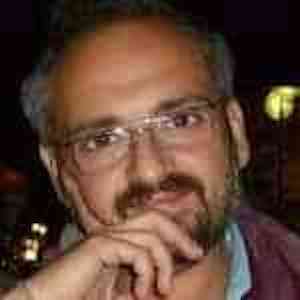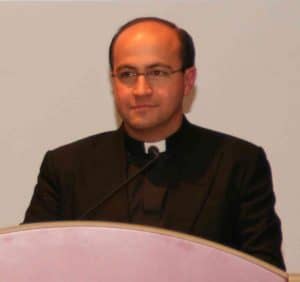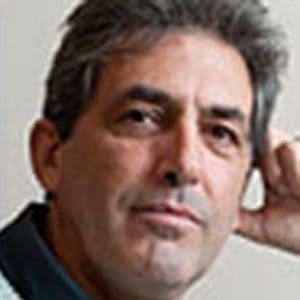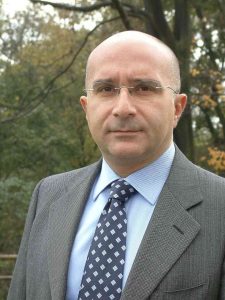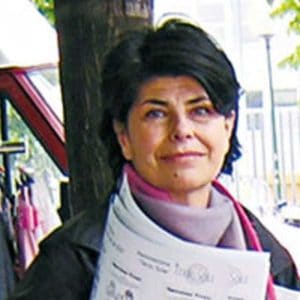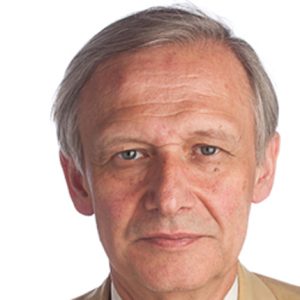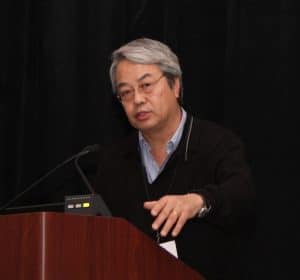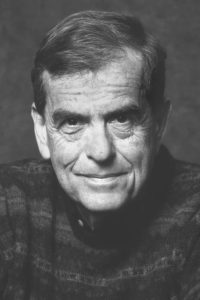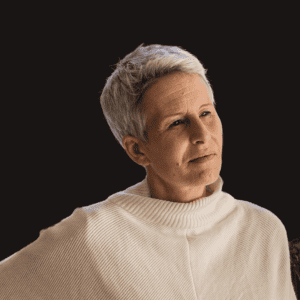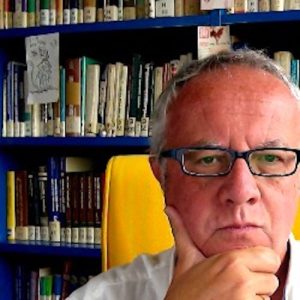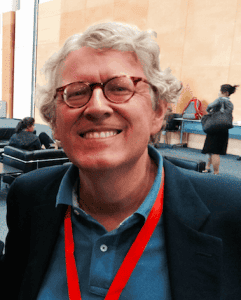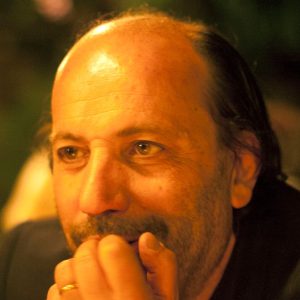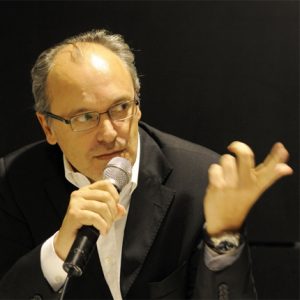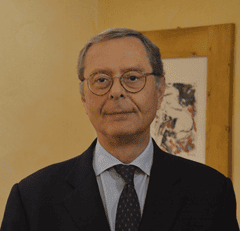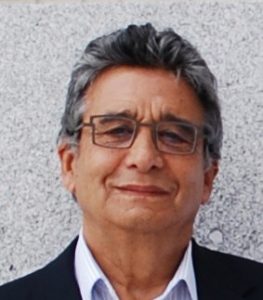
EMOTIONS: MEN’S POINT OF VIEW
Five online meetings
From March 9th to April 6th every Wednesday at 6pm.
Live on YouTube and on our Facebook page, where you can also participate with comments and questions.
A project by BrainCircle Lugano and BrainCircle Italia edited by Clara Caverzasio and Viviana Kasam.
Joy. Sadness. Passion. Surprise. Disgust. Love. Anger. Fear. Emotions are an essential part of all of our lives, they condition thoughts and actions and guide our behaviors. They influence the way we think, as well as all areas of our lives: from health to school, from courts to art, from politics to sport, to the economy. Yet, until a few years ago, emotions were considered little more than an obstacle to rationality, an exquisitely feminine handicap. Now, thanks to neuroscience, we know that on the contrary, emotions depend on the mind rather than oppose it, and play a role of great importance both in evolution and in educational and cognitive processes. In fact, the ability to express and feel emotions not only makes our lives fuller and more colorful but is essential for implementing rational behaviors.
Having reached the halfway point of the journey undertaken with Emotions, the traveling BrainForum on emotions dedicated to women scientists, with this new series of Pills we also want to give voice to the other half of science, the male one. And we do it with some leading names in neuroscience and beyond, internationally renowned scientists and experts who will talk about the most innovative research on emotions.
The organizers thank Banca Stato for the precious contribution that made the event possible.
Wednesday 9 March, 6.00 pm – with Stefanos Demertzis, head of cardiac surgery at the Cardiocentro Ticino in Lugano, associate professor at the University of Bern, the University of Italian Switzerland, Lugano.
Heart and brain: an unsuspected dialogue. The heart – it is said – has reasons that reason does not know. And in fact for centuries the heart has been considered the seat of the soul and emotions. Countless subsequent discoveries in the field of neuroscience and cognitive science have, however, demonstrated the decisive role of the central nervous system in the onset and regulation of emotions, downgrading the heart to a mere pump, albeit crucial for the survival of human beings. Today, however, thanks to the latest discoveries, we are once again paying a lot of attention to this organ, and to the dense and unexpected dialogue it maintains with the brain.
Wednesday 16 March, 6.00 pm – with David Sander, director of the Center Interfacultaire en Sciences Affectives (CISA – University of Geneva) and Marcello Mortillaro, Head of the Applied Affective Sciences Research Unit of CISA.
The revolution of emotions
Considered until a few years ago, by the social sciences themselves, as little more than an obstacle for the mind, emotions have then established themselves as an object of study in scientific research, so much so that in 2005 – and precisely in Switzerland – the first research center in the world dedicated to the interdisciplinary study of emotions, the CISA, Center Interfacultaire Sciences Affectives – Université de Genève. 120 researchers from the most disparate disciplines work here: neuroscientists, philosophers, psychologists, researchers in social sciences and medicine, economists, ethologists, jurists, IT researchers. With the director and head of the Center’s research unit we will take stock of the state of the art of research in this vast area.
Wednesday 23 March, 6.00 pm – with Giuliano Boccali, Indologist, former professor at the Cà Foscari University of Venice and the University of Milan.
Educate emotions? The ways of Asia (India and Japan)
The brain, the mind? They need to be educated, obviously. And emotions? In the West it is thought that it is impossible, for the Easterners however, the organ of thought is not the brain, but the heart, also home to other faculties, and the heart can be educated. Indologist Giuliano Boccali, one of the leading experts on Indian culture and literature, will offer us a series of reflections on the different way in which Western and Eastern cultures and societies look at emotions and the brain, and the relationship between them . This will highlight the entirely Western prejudice according to which emotions are not educable (if we ever talk about repressing them or letting them manifest without limits), in the face of age-old practices in India or Japan aimed at cultivating and refining them.
Wednesday 30 March, 6.00 pm – with Giorgio Vallortigara, professor of Neuroscience at the Center for Mind-Brain Sciences of the University of Trento, of which he was also director.
What animals’ emotions say about us
To what extent is the emotional world of the animals closest to us similar to ours? And what can it tell us about our evolution and our way of considering other living beings? With Giorgio Vallortigara we will broaden our gaze even further on emotions. Author of numerous studies and publications, Vallortigara will help us understand what the emotions of animals say about us, between anthropomorphism and “anthropodeny”.
Wednesday 6 April, 6.00 pm – with Moshé Bar, neuroscientist, Director of the Cognitive Neuroscience Laboratory at the Gonda Multidisciplinary Brain Research Center at Bar Ilan University, Tel Aviv.
The wandering mind
Who among us has never noticed this? We all grind thoughts continuously, even when we are not aware of it; but how is it possible that our brain dedicates up to 47% of its activity to this mostly unconscious wandering from one thought to another? Moshé Bar, one of the most eminent cognitive neuroscientists of his generation, will talk to us about how and why our brain is constantly active, even when we are awake and do not realize that we are grinding thoughts; the fruit of this many years of research is Bar’s recently published work, Mindwandering. How Your Constant Mental Drift Can Improve Your Mood and Boost Your Creativity.









